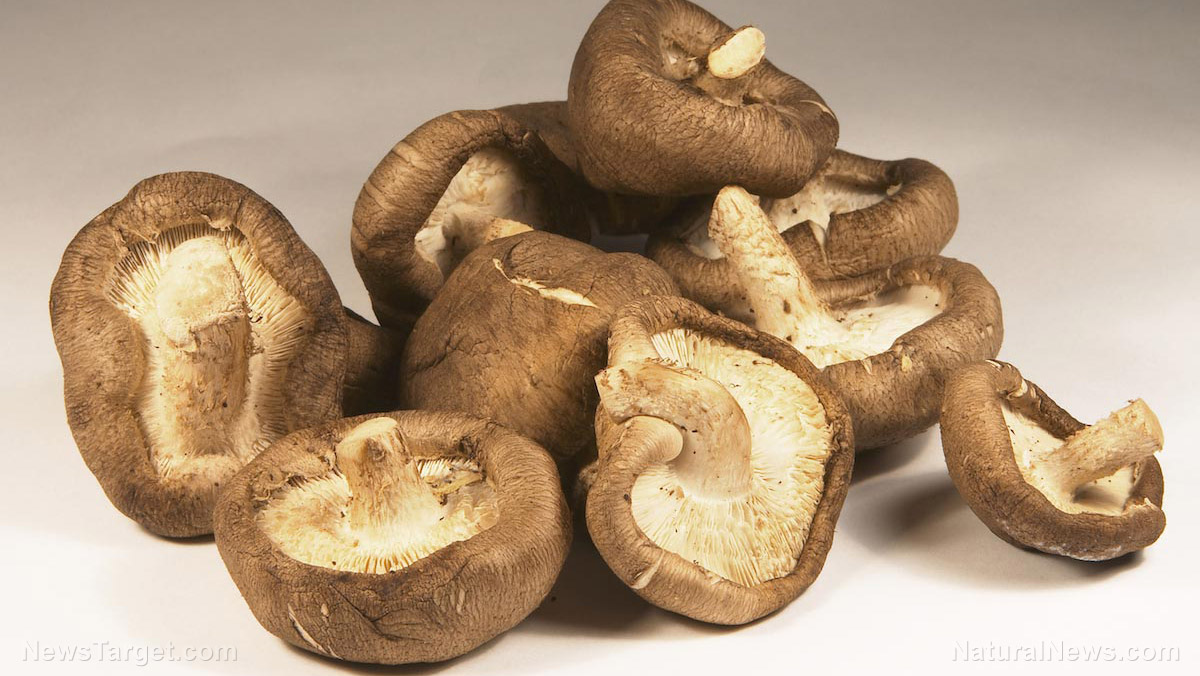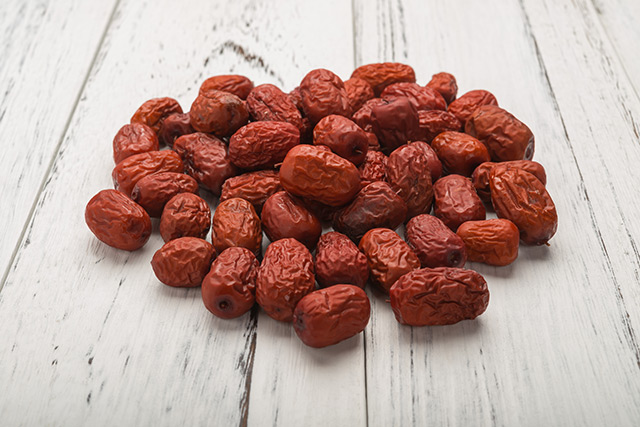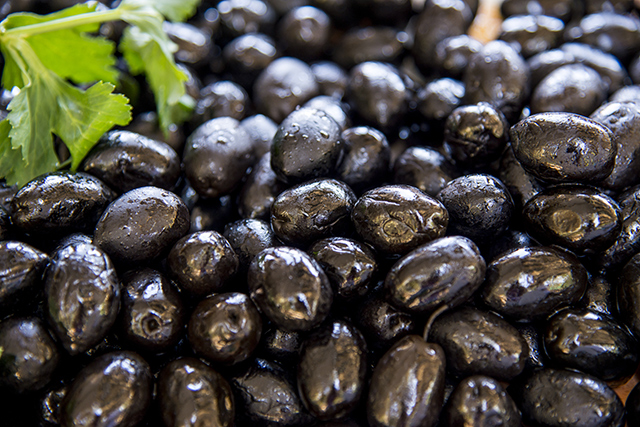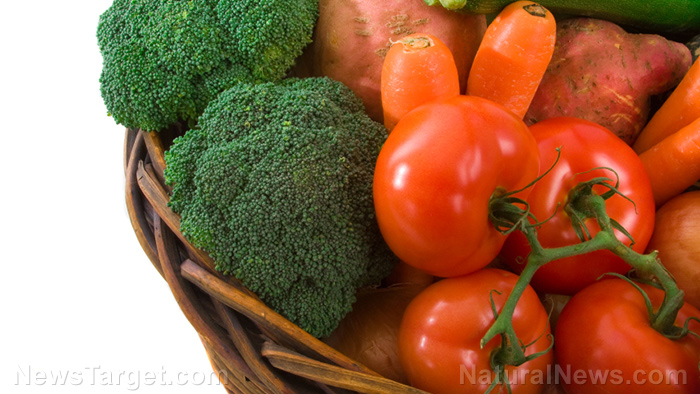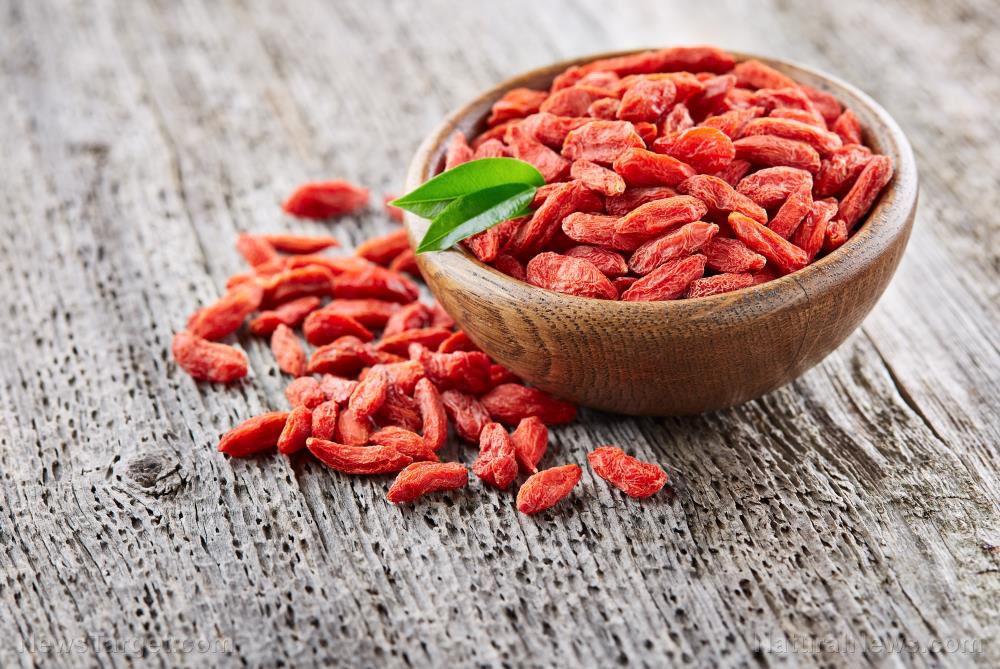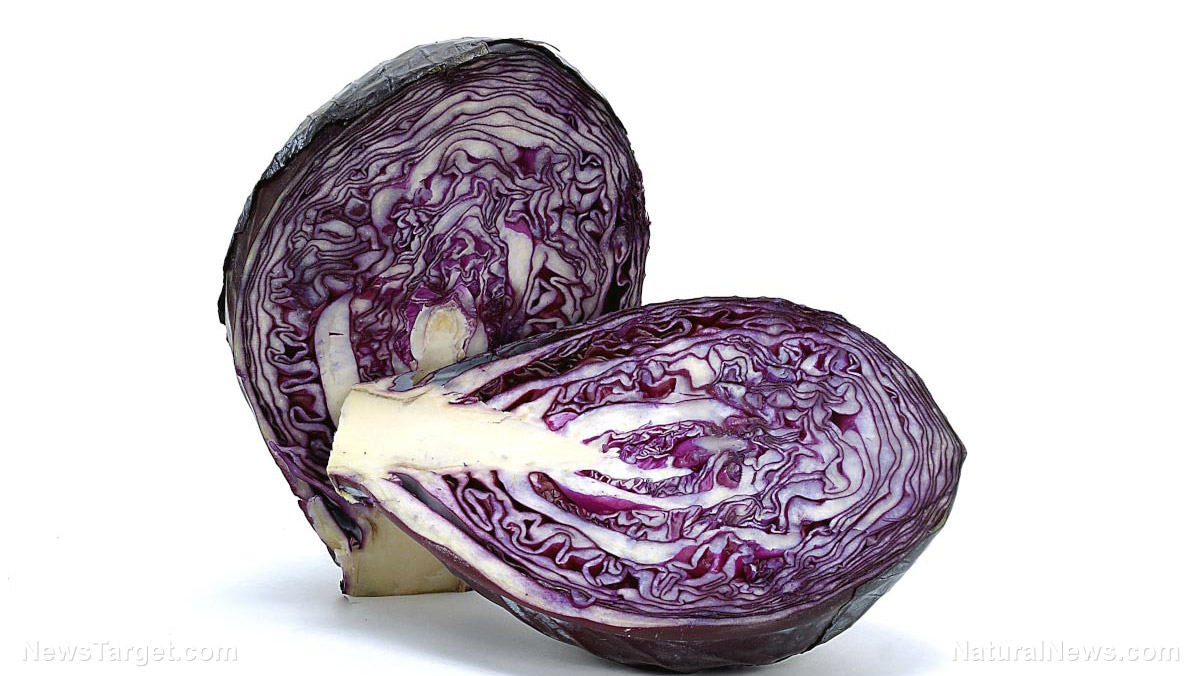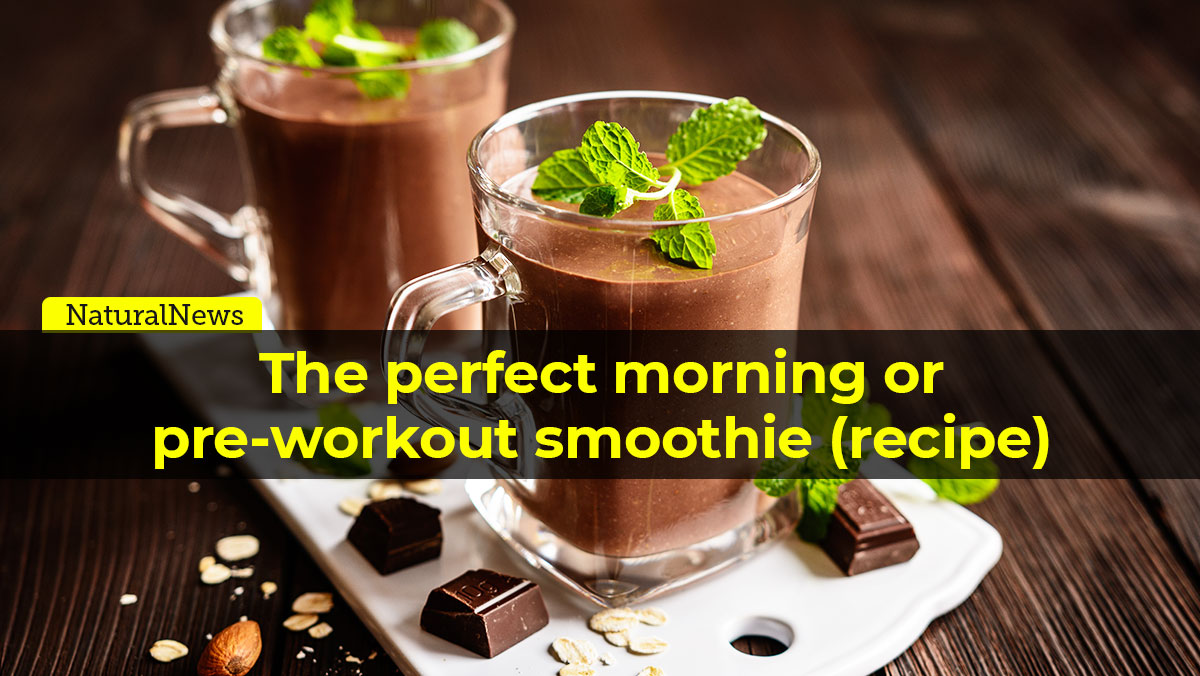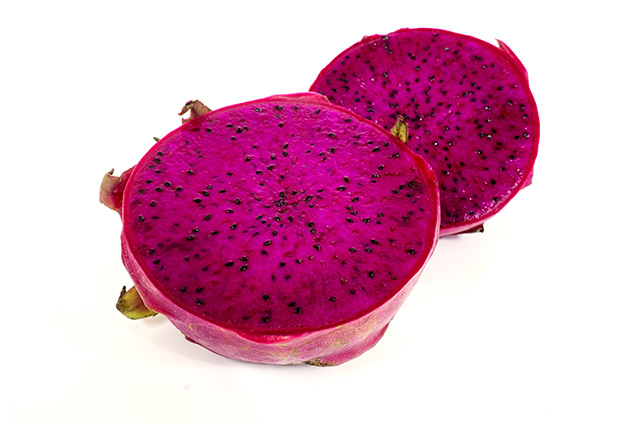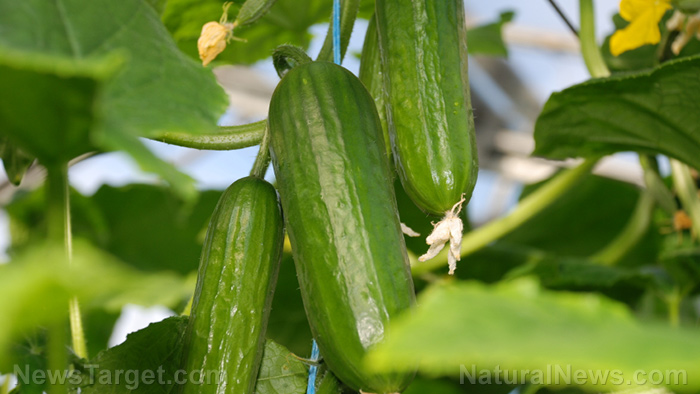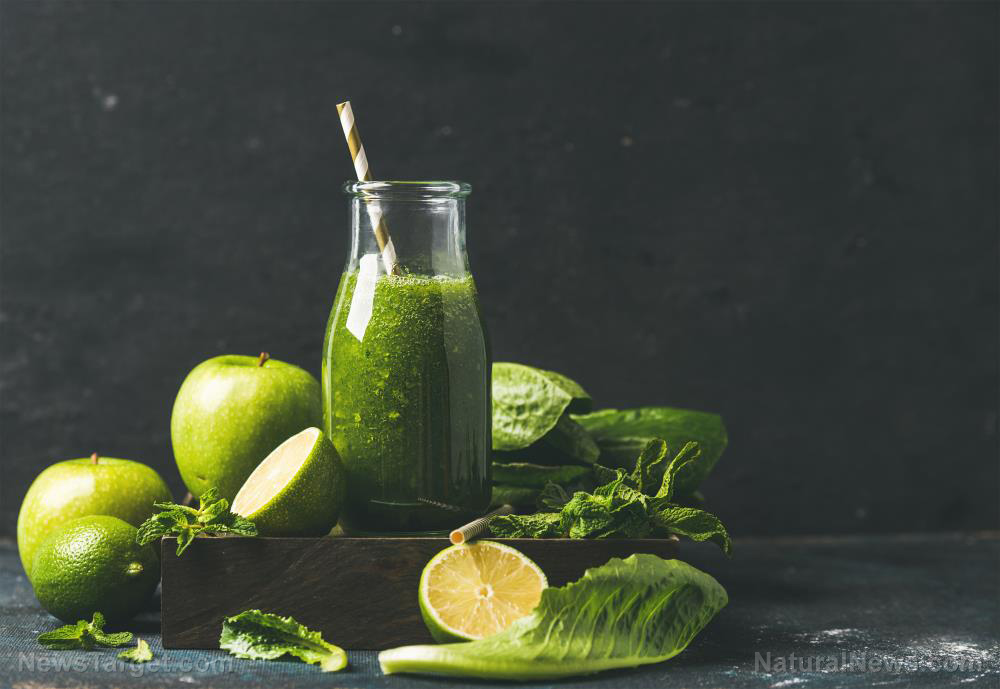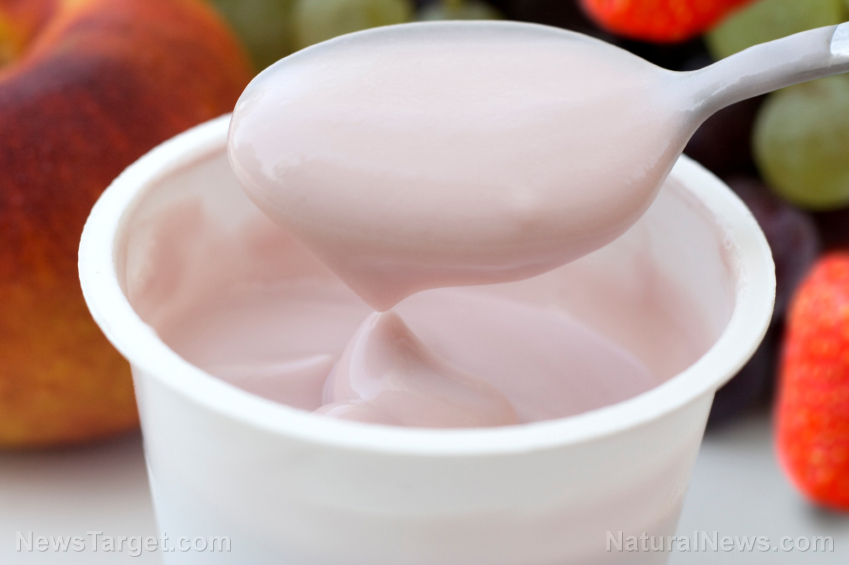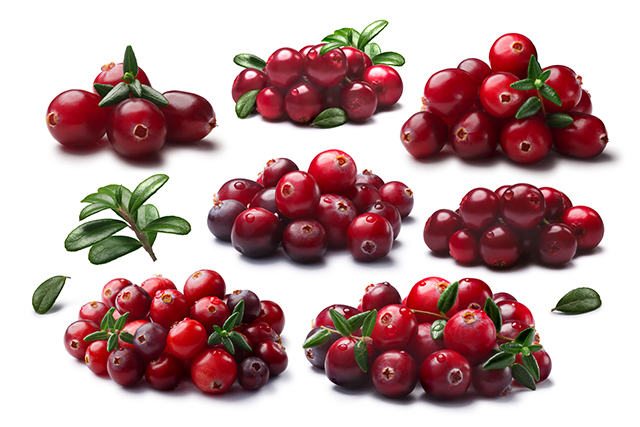Eating probiotics can reduce allergy symptoms
09/19/2018 / By Frances Bloomfield

Dealing with allergies is never a pleasant experience. Fortunately, there are a number of natural remedies that can mitigate the symptoms. One of these, according to a study published in The American Journal of Clinical Nutrition, is none other than probiotics.
Specifically, the friendly bacteria Bifidobacteria and Lactobacilli. Study author Jennifer Dennis explained that previous studies have indicated that these bacterial strains can play a role in keeping the gut and immune system in excellent shape. Moreover, other studies have also pointed towards certain types of bacteria having a positive effect on seasonal allergies.
From there, Dennis and her team carried out an experiment at the high point of spring allergy season. The said experiment involved 173 healthy adult volunteers who suffered from mild to moderate seasonal allergies. The volunteers were randomly assigned to one of two groups: the placebo group and the probiotics group. Those in the probiotics group were tasked with taking a capsule containing the probiotic mixture of Bifidobacterium bifidum, Bifidobacterium longum, and Lactobacillus gasseri twice daily for eight weeks. The placebo group, on the other hand, was given potato starch.
Every week, the participants answered an online survey to determine their discomfort levels. The researchers also tested the volunteers’ stool samples to assess any changes brought about by the probiotic. Moreover, none of the participants were using allergy medications during the course of the experiment.
The results showed that those in the probiotic group experienced noticeable improvements. On top of enduring fewer allergy symptoms, their quality of life became better as well. The researchers believe these to be the result of the combination probiotic boosting the percentage of regulatory T cells. Also known as Tregs, regulatory T cells are cells which regulate or suppress other immune cells and prevent them from attacking the body. Increasing their numbers could lead to a heightened tolerance to allergy symptoms, which is what most likely occurred. (Related: Probiotics cure peanut allergies in 80% of children and can replace vaccines for immune system stimulation.)
Though severe allergy sufferers were included in the experiment, it was shown that those struggling with mild to moderate allergies can greatly benefit from taking this probiotic combination. The researchers have also suggested using it at the peak of allergy symptoms for the most beneficial effects.
The anti-allergy diet: Other foods that lessen allergy symptoms
If you count yourself as one of the millions of allergy sufferers all over the world, then these foods are for you. Give your body some much-needed protection by eating any of these food items in conjunction with the combination probiotic.
- Pineapples: This fruit contains bromelain; in fact, pineapple is considered to be the best source of this helpful enzyme. As per BetterNutrition.com, bromelain possesses anti-inflammatory qualities and can even decrease nasal swelling.
- Onion and apples: What apples and onions have in common is quercetin. This flavonoid works by acting as a natural antihistamine, meaning it prevents the body from producing and releasing allergy-inducing histamines.
- Fatty fish: Like salmon or tuna? Then consider yourself lucky. The omega-3 fatty acids have a wide array of benefits, most notably, the ability to reduce inflammation and inhibit the production of chemicals that induce allergic reactions.
- Local honey: Honey has anti-inflammatory effects that can mitigate the effects of allergies. Pick raw and unfiltered local honey, however, for the most benefits.
- Oranges: Oranges are rich in both vitamin C and quercetin. The combination of these two beneficial substances is believed to lessen inflammation.
Discover other foods that can enhance your overall well-being by visiting Nutrients. news today.
Sources include:
Tagged Under: allergies, food as medicine, good bacteria, gut bacteria, Health and Wellness, natural cures, natural medicine, natural remedies, Probiotic, probiotics, probiotics benefits, seasonal allergies

